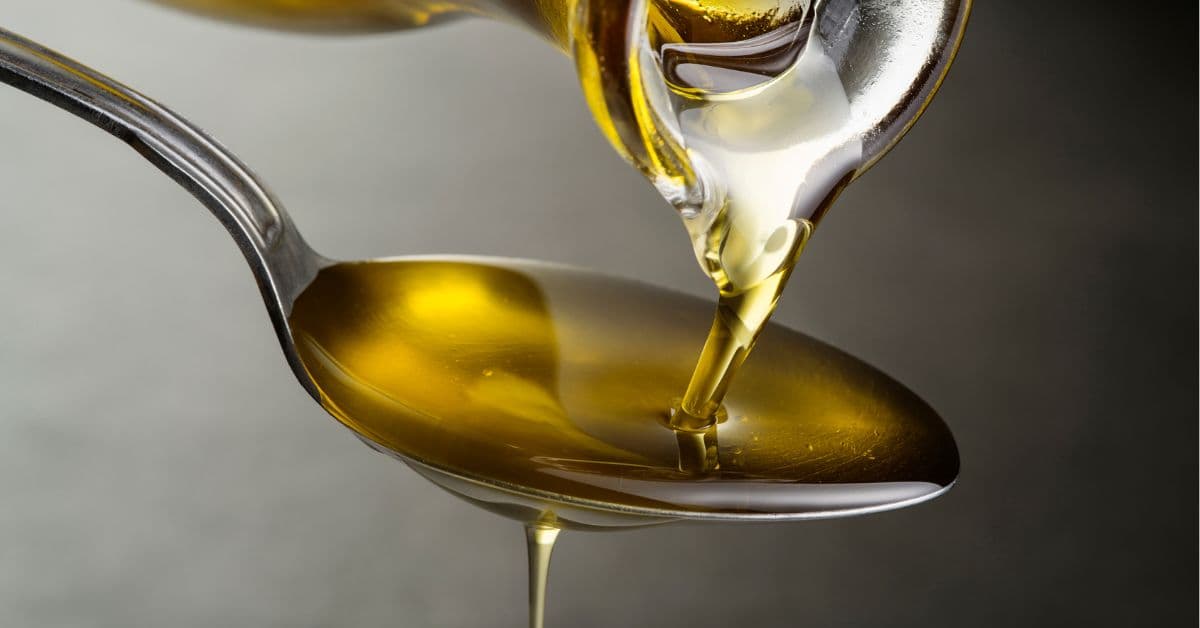In the vast landscape of Natural cures for oral health, Oil Pulling has emerged as one of the most discussed and practiced methods. But what this is all about And what are its effective benefits?
What is Oil Pulling?
Oil Pulling is an ancient ritual originating from the Ayurvedic medicine, traditional Indian medicine, which is gaining more and more acceptance as a natural method for Improve the health of the mouth and gums.
The practice requires minimal effort: just take a tablespoon of oil (often coconut, sesame or sunflower, but other vegetable oils can also be used) and Rinse it in the mouth for about 15-20 minutes, almost as if it were a mouthwash.
Subsequently, the oil, which would absorbed the toxins present nn the mouth, it is spit out.
What are the benefits of Oil Pulling for oral hygiene?
The stated benefits of Oil Pulling include:
- a fresher breath: The action of the oil could help reduce the bacteria responsible for halitosis.
- whiter teeth: although it cannot replace the professional whitening treatments, many supporters of the practice claim to notice a greater brightness in their teeth
- healthier gums: The antibacterial action of the oil could help reduce inflammation of the gums and prevent bleeding.
Oil Pulling: what does the science say?
While some studies suggest benefits in the practice of Oil Pulling, it is important to remain critical and informed: not all claims regarding the benefits of oil pulling Are supported by sound science. Practice should not replace, but rather Flank, traditional oral hygiene habits. such as tooth brushing and flossing.
Suggestions for those who want to try
If you are curious and want to try Oil Pulling, here are some guidelines to follow:
- do not swallow the oil: During rinsing, the oil may accumulate toxins and bacteria. It is important to spit it out at the end.
- proceed with oral hygiene: after spitting out the oil, rinse your mouth thoroughly and proceed with normal tooth brushing
L'Oil Pulling could therefore be an interesting addition to your oral hygiene routine, but as with all practices, it is always advisable to consult with a professional, in this case one's dentist, before making significant changes.
[Medical Director: Dr. Mauro Savio, Member of the Dentists Register Provincial Order of Surgeons and Dentists of Milan n. 4168].

